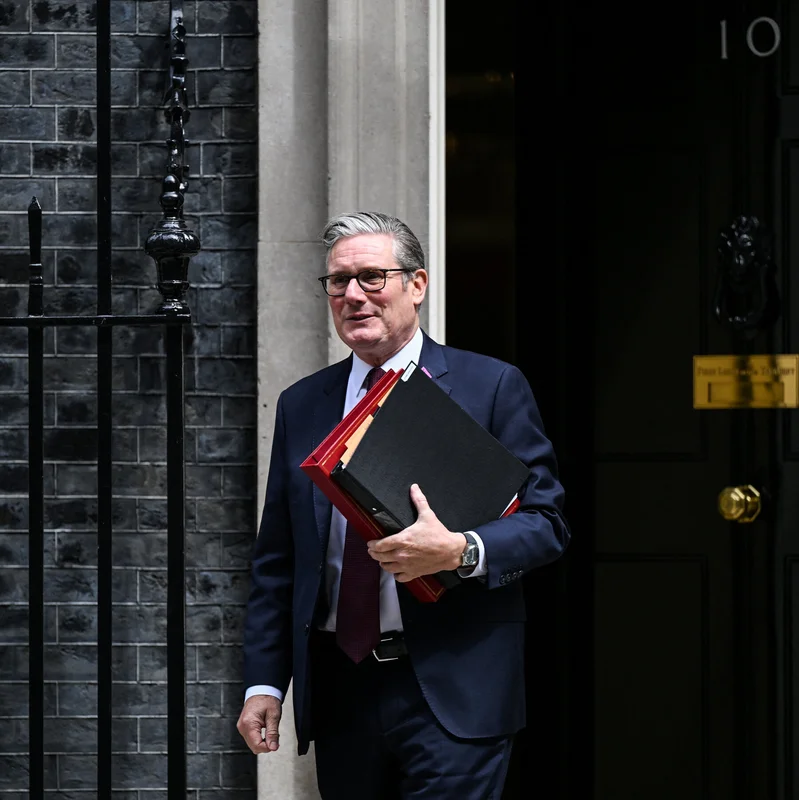Facing a rising tide of right-wing populism and voter disillusionment, top center-left leaders—including Britain’s Keir Starmer, Canada’s Mark Carney, and former U.S. Transportation Secretary Pete Buttigieg—gathered in London on September 26, 2025, for the Global Progress Action Summit. The high-stakes meeting aimed to forge a unified strategy to revive progressive politics amid economic stagnation, immigration anxieties, and the enduring shadow of Trumpism .
Why This Summit Matters Now
Once dominant in Western democracies, center-left parties have suffered major setbacks in recent years:
- 🗳️ The U.S. Democratic Party remains in opposition under President Trump’s second term
- 📉 Keir Starmer’s Labour Party in the U.K. has seen its poll lead evaporate
- 📉 Australia’s Labor government faces growing discontent over cost-of-living pressures
- 📉 Center-left parties in Germany, France, and Spain are losing ground to nationalist rivals
💡 Key Quote: “This is the defining political choice of our times,” said Keir Starmer. The right offers “a politics of predatory grievance,” while progressives must champion “patriotic renewal rooted in communities” .
Who Attended the London Summit?
| Leader | Country/Role | Key Challenge |
|---|---|---|
| Keir Starmer | U.K. Prime Minister | Labour’s falling poll numbers; internal party dissent |
| Mark Carney | Canadian Prime Minister | Economic stagnation; housing crisis |
| Pete Buttigieg | Former U.S. Cabinet Secretary | Rebuilding Democratic messaging post-Trump |
| Jacinda Ardern | Former New Zealand PM | Advising on empathetic governance models |
Core Strategies Discussed
Summit organizers—led by the Center for American Progress Action Fund and the U.K.’s Institute for Public Policy Research (IPPR)—focused on three pillars:
- Economic Messaging: Shift focus to “cost of living, inflation, and public services”—issues that directly impact working families .
- Immigration Reform: Starmer unveiled plans for a compulsory digital ID system to deter illegal labor while protecting legal migration pathways.
- Countering Populism: Highlight real-world harms of right-wing policies—e.g., Trump-era cuts to healthcare hurting working-class Americans .
Internal Tensions Within Labour
Even as Starmer sought global solidarity, his domestic position weakened:
- Deputy PM Angela Rayner resigned over a tax controversy
- Manchester Mayor Andy Burnham challenged Starmer’s centrist course, calling for a “more leftist vision”
- Labour’s annual conference looms amid voter frustration over slow healthcare and economic improvements
What’s Next for the Progressive Movement?
Participants agreed: progressive parties must move beyond technocratic competence and reconnect emotionally with voters. As Neera Tanden of CAP noted, “We need to dramatize the costs of populist policies—not just oppose them.”
For deeper analysis on transatlantic progressive strategy, see our feature on building a global progressive coalition.
For authoritative research on democratic resilience, visit the International Institute for Democracy and Electoral Assistance (IDEA).




